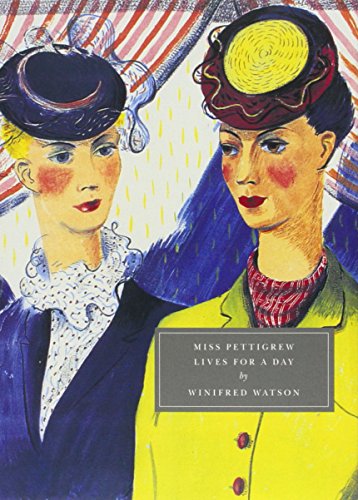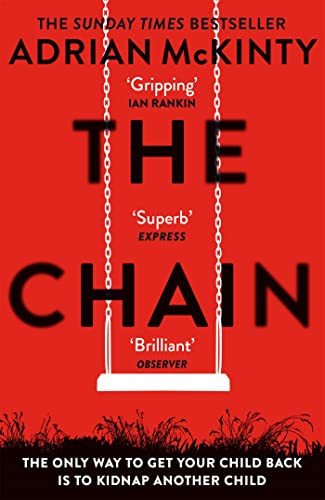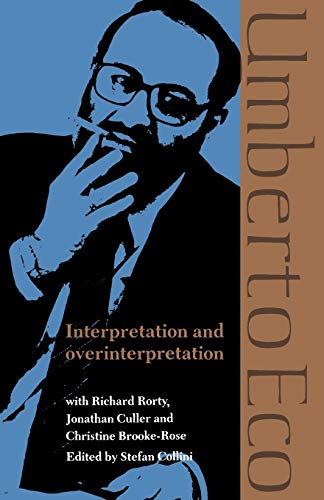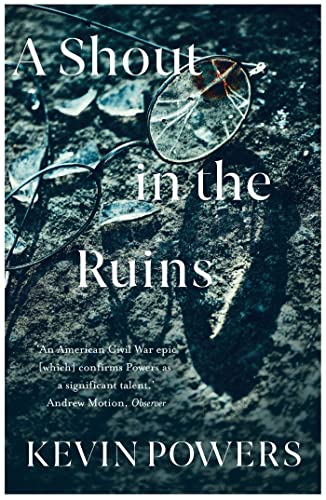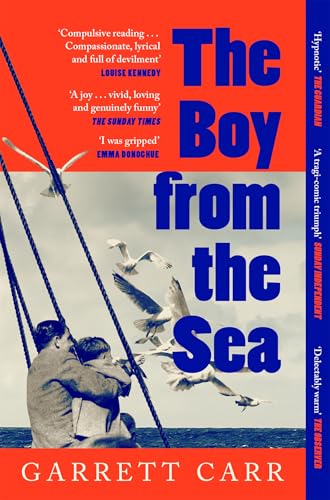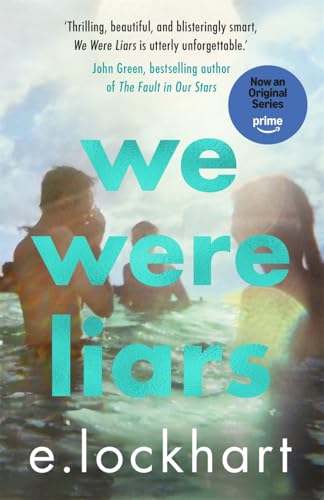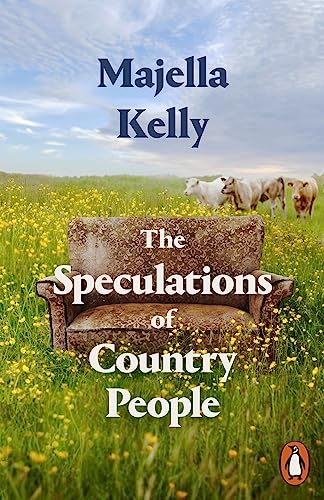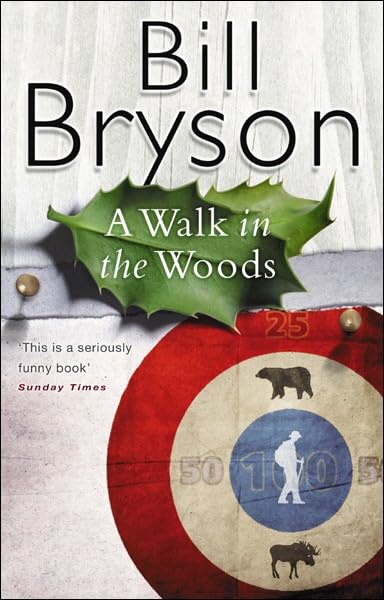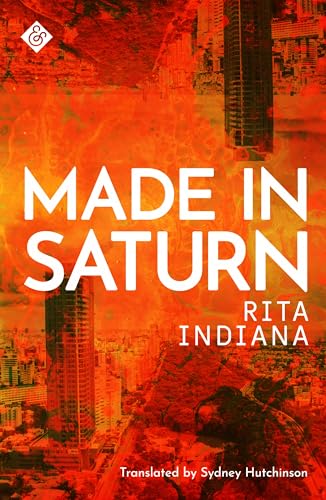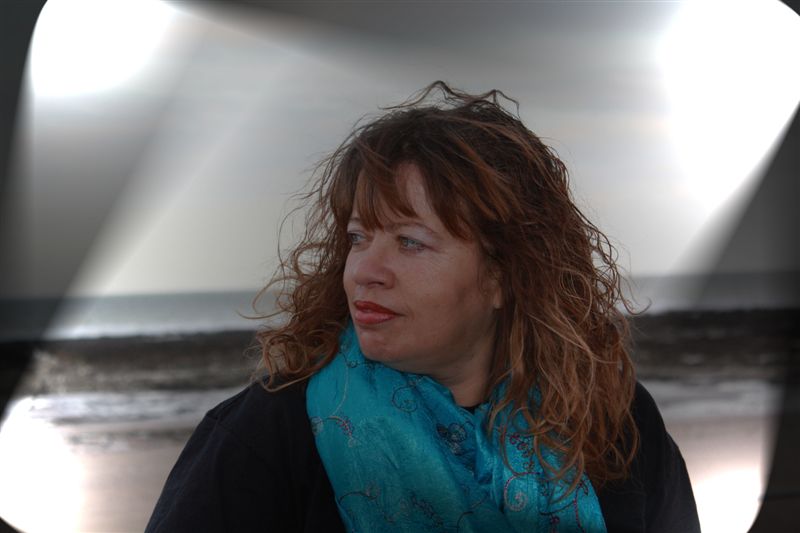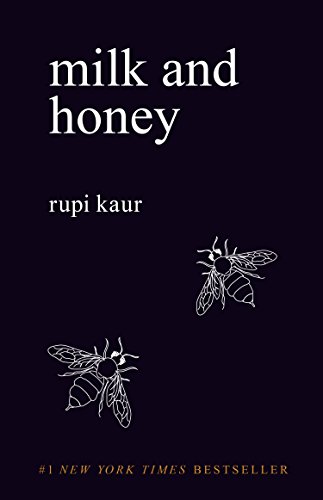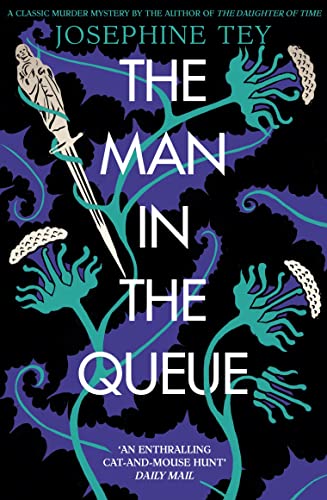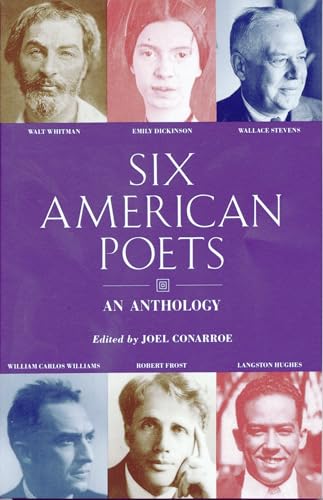Caroline Criado Perez "Invisible Women" (Vintage)
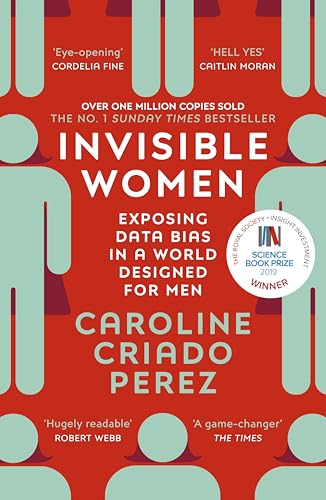
Filled with important data pointing out the myriad ways that women have been neglected in building society around the world is an eye opening relevation,and so depressing, that it took me forever to read it.
Criado Perez is thorough. She explores not just the commonly known areas where women have been historically unplanned for, like medicine and the workplace, but also transportation, public toilets, the internet, refugee camps, and the list goes on and on. She ends with summing up her work into three themes that "define women's relationship with the world". One is the invisibility of the female body - neglecting to take into account the female body in medicine, technology, and architecture - and how it has led to injury, death, and a world where women just don't fit. Two is, ironically, the hyper-visibility of the female body. Male sexual violence against women and how we don't measure it and don't design spaces to account for it or limit it. And third, the unaccounted and unpaid care work of which women do more than their fair share. In our current world, "human" equals "male".
Her main solution to all of this is getting women in the position to be involved in decisions. To me, this seems undoubtedly correct, though I think part of that equation has to be getting men involved evenly in the unpaid care work at the same time.
I do love her last line:
"And so, to return to Freud's 'riddle of femininity', it turns out that the answer was staring us in the face all along. All 'people' needed to do was to ask women."
This is a book everyone should read, but fair warning that it isn't comfortable or easy reading

Filled with important data pointing out the myriad ways that women have been neglected in building society around the world is an eye opening relevation,and so depressing, that it took me forever to read it.
Criado Perez is thorough. She explores not just the commonly known areas where women have been historically unplanned for, like medicine and the workplace, but also transportation, public toilets, the internet, refugee camps, and the list goes on and on. She ends with summing up her work into three themes that "define women's relationship with the world". One is the invisibility of the female body - neglecting to take into account the female body in medicine, technology, and architecture - and how it has led to injury, death, and a world where women just don't fit. Two is, ironically, the hyper-visibility of the female body. Male sexual violence against women and how we don't measure it and don't design spaces to account for it or limit it. And third, the unaccounted and unpaid care work of which women do more than their fair share. In our current world, "human" equals "male".
Her main solution to all of this is getting women in the position to be involved in decisions. To me, this seems undoubtedly correct, though I think part of that equation has to be getting men involved evenly in the unpaid care work at the same time.
I do love her last line:
"And so, to return to Freud's 'riddle of femininity', it turns out that the answer was staring us in the face all along. All 'people' needed to do was to ask women."
This is a book everyone should read, but fair warning that it isn't comfortable or easy reading
